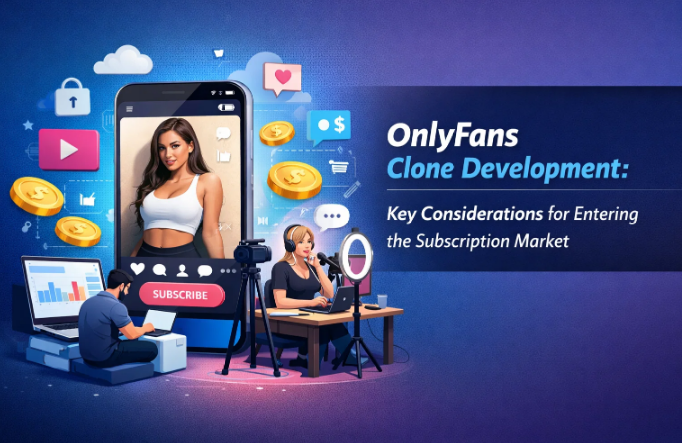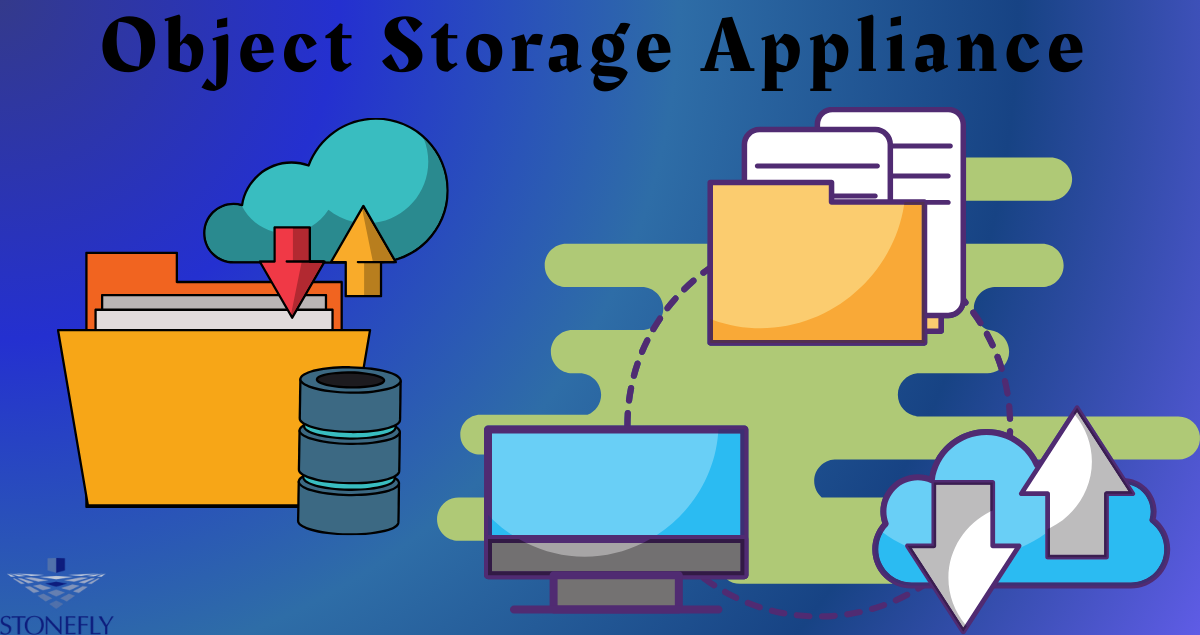Building an online store requires choosing the right platform to ensure seamless operations, scalability, and a great user experience. Magento and Shopify are two of the most popular solutions for eCommerce development, each offering unique features for different business needs. Whether you’re launching a new store or looking to outsource eCommerce development, understanding their differences is crucial. In this guide, we’ll compare Magento vs Shopify for eCommerce, helping you decide which one is the best fit for your business.
Magento vs Shopify: Key Differences
Both Magento and Shopify offer robust eCommerce capabilities, but they cater to different types of businesses. Here’s a breakdown of their core differences:
1. Ease of Use
- Shopify: Known for its user-friendly interface, Shopify is a fully hosted platform, making it ideal for beginners and non-technical users. It comes with a drag-and-drop builder, pre-designed themes, and easy integrations.
- Magento: A more advanced and flexible platform, Magento requires coding knowledge or a developer’s expertise. It is self-hosted, meaning you have full control over customization but need technical skills to manage it.
2. Customization & Flexibility
- Magento: Offers unparalleled customization options, allowing businesses to tailor every aspect of their store. Ideal for enterprises and brands that need unique eCommerce solutions.
- Shopify: Provides customizable themes and apps, but has limitations compared to Magento in terms of deep customization and code-level modifications.
3. Scalability & Performance
- Magento: Designed for large-scale eCommerce businesses. It can handle high traffic, complex catalogs, and multi-store management efficiently. However, it requires optimized hosting for the best performance.
- Shopify: A great choice for small to medium businesses. It automatically manages hosting, security, and updates, ensuring smooth performance without technical involvement.
4. Pricing & Costs
- Magento: Open-source Magento is free, but costs arise from hosting, development, and maintenance. Magento Commerce (enterprise version) comes with a hefty price tag.
- Shopify: Offers tiered pricing starting from $29/month. While additional apps and transaction fees may apply, Shopify provides an all-in-one package, reducing the need for extra development expenses.
5. SEO & Marketing Features
- Magento: Provides powerful SEO features with full control over metadata, URL structures, and custom scripts. Best for businesses that want advanced optimization.
- Shopify: Comes with built-in SEO features and easy-to-use marketing tools, but has some limitations in URL customization and deeper technical SEO modifications.
Which One Should You Choose?
Your choice between Magento vs Shopify for eCommerce depends on your business size, technical expertise, and growth plans:
- Choose Shopify if you’re a small business or startup looking for an easy-to-use platform with quick setup and minimal technical requirements.
- Choose Magento if you need an enterprise-level solution with complete customization, scalability, and full control over your online store.
When to Outsource eCommerce Development?
If you lack in-house technical expertise or want to focus on business growth rather than managing a complex platform, outsourcing eCommerce development can be a smart move. Experienced developers can help you:
- Customize Magento or Shopify to align with your brand’s needs.
- Optimize performance, security, and SEO for better search rankings.
- Ensure seamless integrations with third-party tools and payment gateways.
When to Outsource eCommerce Development?
If you lack in-house technical expertise or want to focus on business growth rather than managing a complex platform, outsourcing eCommerce development can be a smart move. Experienced developers can help you:
Customize Magento or Shopify to align with your brand’s needs.
Optimize performance, security, and SEO for better search rankings.
Ensure seamless integrations with third-party tools and payment gateways.
Additionally, outsourcing saves time and resources, allowing businesses to focus on core strategies rather than handling technical complexities. Many successful brands prefer to outsource eCommerce development to ensure a professional, high-performing online store.
Making the Right Decision for Your Business
Choosing between Magento vs Shopify for eCommerce depends on your long-term business goals, budget, and technical capabilities. While Shopify is perfect for those looking for a quick and easy setup with minimal maintenance, Magento offers extensive customization and control for businesses that require complex, large-scale solutions.
If you’re a startup or small business, Shopify’s plug-and-play approach allows you to launch your store quickly with minimal development costs. On the other hand, if you’re an established brand or enterprise looking for high-level customization, Magento provides the flexibility to build a fully tailored eCommerce experience.
Future-Proofing Your eCommerce Store
The eCommerce industry is constantly evolving, and selecting a platform that grows with your business is essential. Magento is better suited for long-term scalability, while Shopify simplifies day-to-day management. Regardless of your choice, ensuring your store remains competitive with SEO optimization, mobile-friendly design, and advanced marketing strategies is key to success.
If you’re still unsure which platform to choose, consider consulting with an eCommerce web development company to analyze your specific needs. Alternatively, outsource eCommerce development to experienced professionals who can build a custom solution that maximizes growth and profitability.
Final Thoughts
Both Magento and Shopify are excellent eCommerce website development platforms, but the right choice depends on your business needs and technical capabilities. If you need a simple, managed solution, Shopify is the way to go. However, if you require deep customization and scalability, Magento is the better option. Additionally, businesses that seek cost-effective and efficient development often consider software development outsourcing to build and maintain their eCommerce platforms, ensuring expert support and faster time-to-market.
Read More Topic: React Security
















Leave a Reply